Does Collagen Powder Break a Fast or Give Fasting Benefits?
Primal Edge Health participates in the Amazon Services LLC Associates Program and other affiliate programs and therefore, may collect a share of sales or other compensation from the links on this page. This comes at no additional cost to you, and all the prices and availability are accurate at the time of publishing.
“Does collagen powder break a fast?” This is the common question that many intermittent fasters have. If we’re basing the answer on a technicality, then yes, collagen powder does break a fast. However, it’s so low in calories that the question we should be asking is: does it matter?
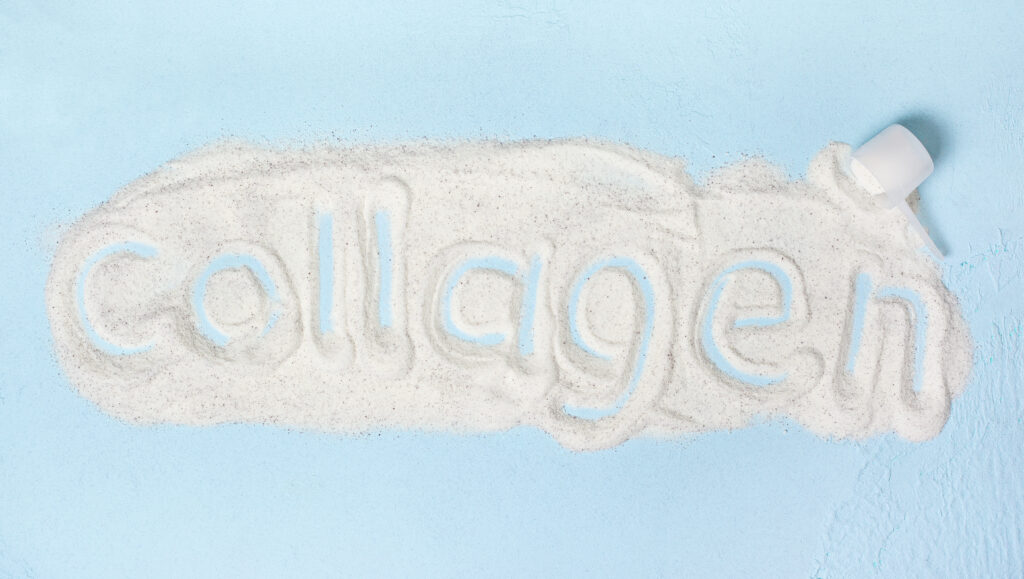
Let’s dig deeper into fasting and its relationship with collagen powder. Whether you’re a seasoned faster or just starting out, I’ll help you better understand whether collagen powder can break your fast.
All information included in this blog post is for informational purposes only and should not be construed as medical advice regarding fasting, nutrition, or any health conditions. I am only speaking from my experience as a low-carb mom interested in nutrient-dense food and personal performance.
Table of Contents (click to view)
What is Collagen Powder?
Collagen is the most abundant protein in the human body, but as we get older, our natural collagen production slows down. Collagen powder (also advertised as collagen peptides or collagen hydrolysate) is a supplement used to combat these effects. As its name suggests, it’s made to improve the collagen levels in your body through supplementation.
The advertised benefits of collagen powder products vary, but some claim that collagen supplements improve skin health, strengthen muscles, relieve joint pain, and more. Not everyone needs collagen supplementation, but some sources like Harvard Health say it may benefit those experiencing collagen loss, such as older men and women. Even dogs may benefit too.
Does Collagen Powder Break a Fast?
Some fasting experts argue that collagen powder does break a fast because it has calories, which can technically break a fast. However, it depends on the type of intermittent fasting diet you’re doing and the amount of collagen powder you’re consuming.
Others believe collagen is beneficial when fasting because it has a good amount of protein (12 grams of protein per 14-gram serving). There are also the potential benefits of taking extra collagen, such as increased skin elasticity.
So, which is the right answer? To be honest, it’s all subjective.
One of the main goals of intermittent fasting is to force the body to use fat stores instead of carbohydrates through a biological process called ketosis. According to the Harvard School of Public Health, the amino acids in protein can turn into glucose and cause a spike in blood sugar levels, meaning you must keep protein levels down if you want to achieve ketosis during the fasting period. The same principle applies to the ketogenic diet, which is characterized by moderate protein intake and high fat intake.
How much protein will it take to break ketosis? Unfortunately, there is no definite answer. Some will recommend one gram or less of protein or carbohydrates during the fasting window, while others base the recommendation on calorie intake, which should be less than 50 while fasting.
It’s pretty much the same situation for questions like “Does Coke Zero break a fast?” Zero-calorie foods or drinks like diet soda technically don’t break a fast because they contain no calories or sugar, but the caffeine content can lead to hyperglycemia and a subsequent release of insulin in some people.
Plus, we are all very different people with varying weights, insulin levels, and capabilities for ketosis. Fifteen grams of collagen might technically break a fast for one person, but not for another.
All that said, it all boils down to your preferences and what collagen powder does for you. If taking it while fasting helps you feel better, then so be it. If you want to be more conservative with your fasting, you may want to wait for your eating window to take it. In the end, the 50 calories in a 14-gram serving of collagen powder won’t matter too much if you look at the big picture.
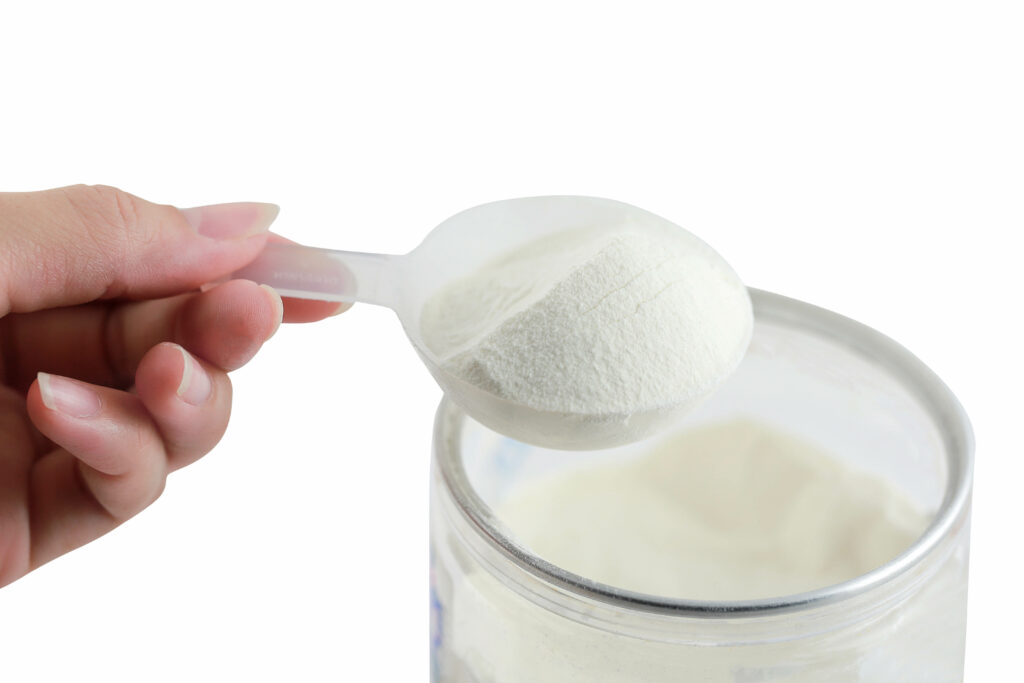
What are the Benefits of Collagen Powder During Fasting?
According to a study on collagen effects, this supplement can bring a lot of benefits. It’s good for the skin and even your overall health. It may also help intermittent fasters. Here are some benefits you may experience if you take collagen powder during fasting.
Joint Health Support
Intermittent fasting alone can already help with joint health. But, did you know that you may support your joint health better with collagen?
A 2023 study published in the National Library of Medicine says that there is a possibility that collagen supplementation can support the production of connective tissue, which helps support joint health. Collagen protein contains amino acids, like proline and glycine. These play an important role in maintaining cartilage health, which is essential for joint function.
By consuming collagen powder while fasting, you may experience reduced joint pain. Additionally, you may improve your overall joint mobility. And if you feel less pain in your joints, it’s easier to lose some weight.
Weight Loss
Speaking of weight loss, if you’re trying to lose some weight, collagen might also help. A study on the effects of collagen on overweight adults shows that collagen may affect how the body stores fat. Individuals taking collagen showed a significant reduction in body fat mass, as well as body fat percentage compared to the placebo group.
Also, collagen powder is high in protein and has no fat. Take a look at this table.
| Nutrition (Per 14 Grams of Collagen Peptide Powder) | Amount of Nutrients |
| Calories | 50 kcal |
| Protein | 12 grams |
| Fat | 0 grams |
| Carbohydrates | 0 grams |
| Fiber | 0 grams |
| Sugar | 0 grams |
Protein is associated with satiety. Due to its protein content, many believe that taking collagen powder during fasting is helpful for their weight loss journey and can help enhance the benefits of fasting. Protein is a great way to help you feel full, which can make you eat less often.
As a result, you may lose more weight, which comes with its own benefits. Proper weight management can reduce the risk of diseases like diabetes, heart disease, and certain cancers.
Promote Gut Health
Your gut health is important. If you have a healthy gut, you may be able to absorb nutrients better.
Collagen powder may promote gut health. The amino acids in collagen can help strengthen your intestinal lining. It can also support the production of gastric juices, which is important for proper digestion. This can potentially lead to better nutrient absorption, even during periods of fasting.
Better Skin
As we age, we lose skin elasticity. If you take collagen powder while fasting, you may improve your skin’s elasticity, especially if you’re producing less collagen due to age. It may also stimulate elastin and fibrillin production in your skin. These are necessary for forming elastic fibers on connective tissues and providing strength and elasticity to your skin and other organs.

How to Incorporate Collagen Into A Fasting Plan?
Now, you know what collagen can do to your body while fasting. But the question is, how will you incorporate it into your fasting diet plan if you decide to consume it while fasting? Here are some tips I learned along the way as I started integrating it into my daily routine that may help you too.
Wait for Your Eating Window
When practicing intermittent fasting, it’s advisable to consume collagen during your eating window. This allows your body to absorb and utilize the nutrients effectively. By incorporating collagen into your fasting regimen during this time, you can reap its benefits while ensuring that it doesn’t interfere with the fasting process.
Consider Taking Vitamin and Mineral Supplements
Ask your doctor if you should pair collagen consumption with other essential nutrients such as vitamins and minerals. This combination may enhance the overall effectiveness of collagen in supporting various bodily functions. For instance, consuming collagen alongside vitamin C aids in better nutrient absorption, which can promote healthy skin, strong nails, thick hair, strong bones, and better joint health.
Alternatively, you can try red light therapy at home. Red light therapy is a non-invasive technique that can help boost collagen production which, in turn, can increase skin elasticity and reduce the appearance of wrinkles.
Add Collagen to Drinks
You can easily incorporate collagen powder into your fasting diet plan by adding it to beverages such as black coffee, tea, or bone broth. You can mix it with water or blend it into smoothies or shakes. Another good tip is to add it to a flavorful low-calorie drink that won’t break your fast like lemon water.
Personally speaking, I have found that adding a scoop of collagen powder to my morning coffee has been an effortless way to ensure I am getting my daily dose of collagen while still reaping the benefits of intermittent fasting.
You can also mix it with cereals, ice creams, yogurts, as well as spreads. You’ll need to mix it well, though, as the powder can get clumpy, depending on the brand you’re using.
A Word of Caution
So, does collagen break a fast? Not exactly, but there are still some important things to remember.
As you explore the potential of collagen supplementation during fasting, remember to consult with your healthcare provider first. They can give personalized advice on your diet and overall health. Also, assess the supplement’s effects on your body, as not all dietary supplements suit everyone.
Additionally, always prioritize informed decision-making. Remember that individual responses to collagen during fasting may vary. That said, monitoring how your body responds and adjusting accordingly is essential. Observe how collagen powder makes you feel during the fasted state, as collagen intake can have varying effects when you take the powder on an empty stomach.
Additionally, note that the research on collagen supplements may be subject to potential conflicts of interest. Harvard notes that the funding usually comes from related industries that may benefit from positive study results. So, most, if not all, of its funding comes from related industries.
It is also worth noting that one or more of its authors may have connections to those industries. Due to this, it’s difficult to know whether collagen supplements are effective and worth their high cost.
Conclusion
So, does collagen powder break a fast? The answer is yes, but it’s affected by many factors.
Collagen powder may be a helpful addition to your intermittent fasting routine, but some argue that due to its calorie or protein content, it may break your fast. One thing is for sure, though: you must decide whether to take collagen powder during fasting based on your preferences and goals.
Do you know others who are also looking to add collagen powder to their fasting routine? Share this with them to help them make informed decisions too. Happy fasting!
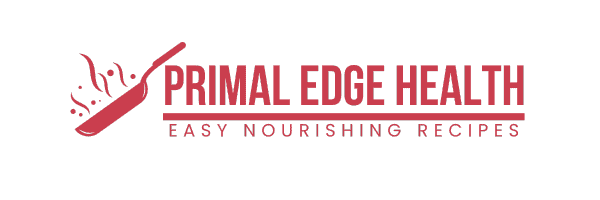


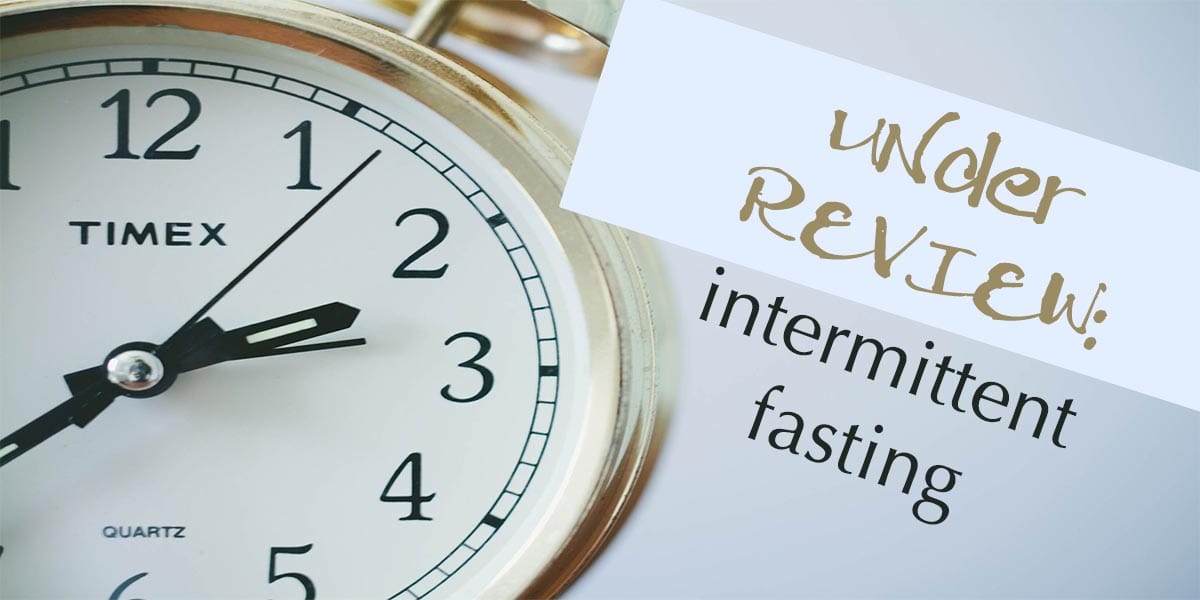
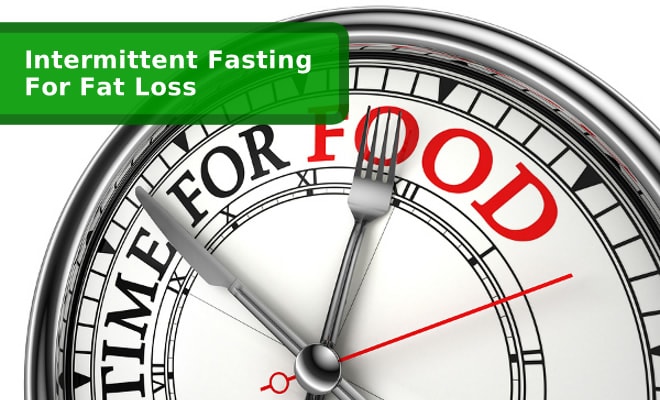
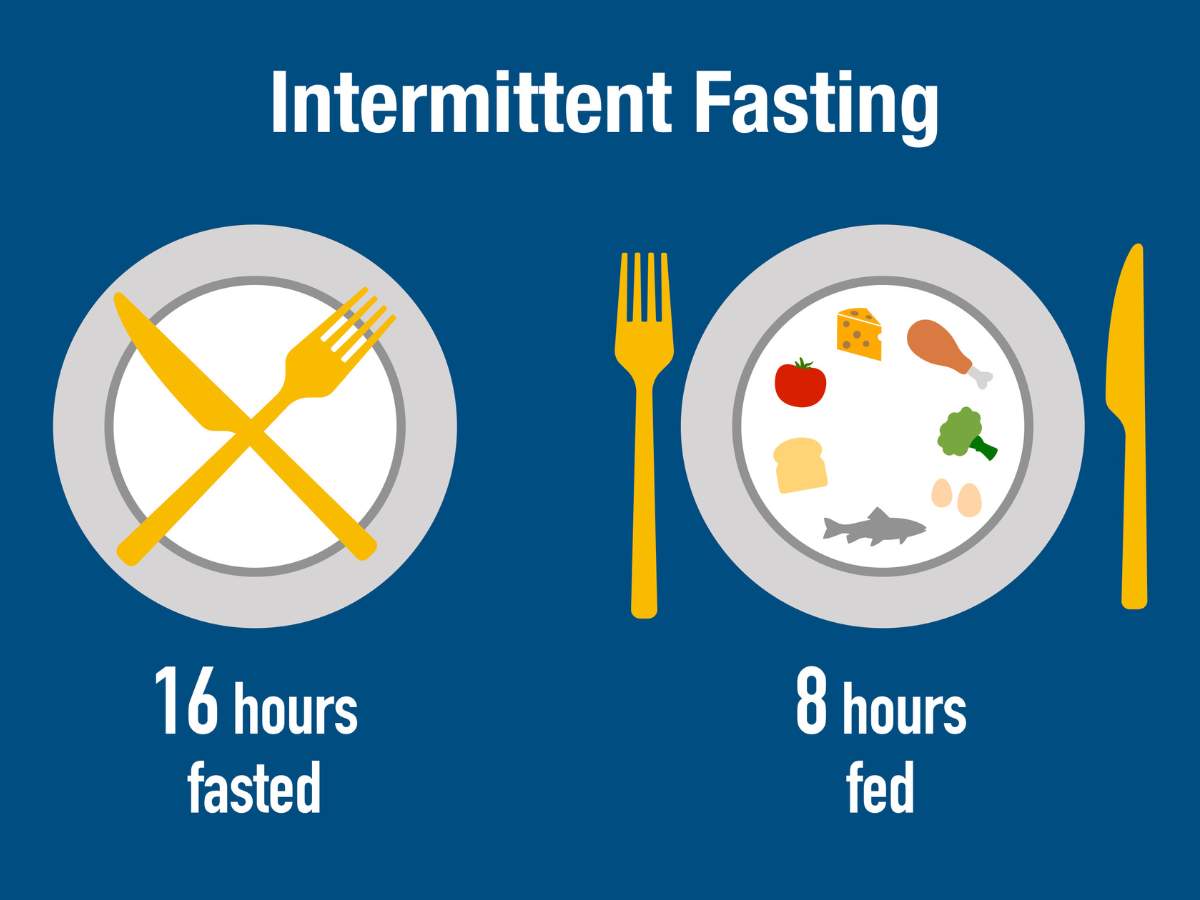

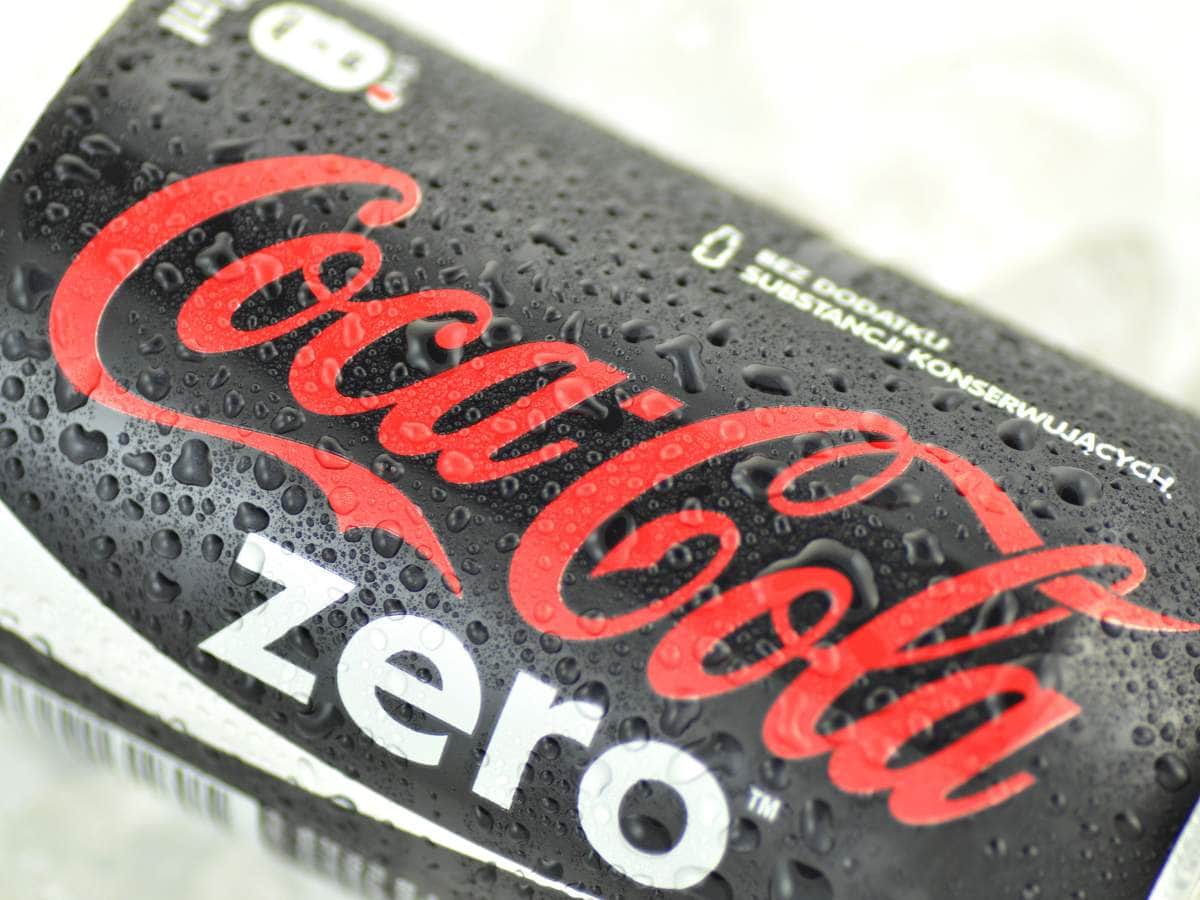

I’ve been really interested in IF for its health benefits, but I’ve felt so overwhelmed and haven’t started yet. All this info has been really great and I’m feeling more like I should just jump in and pay attention to how I feel. Thanks!
You’re welcome, Anita. Thanks for your readership.